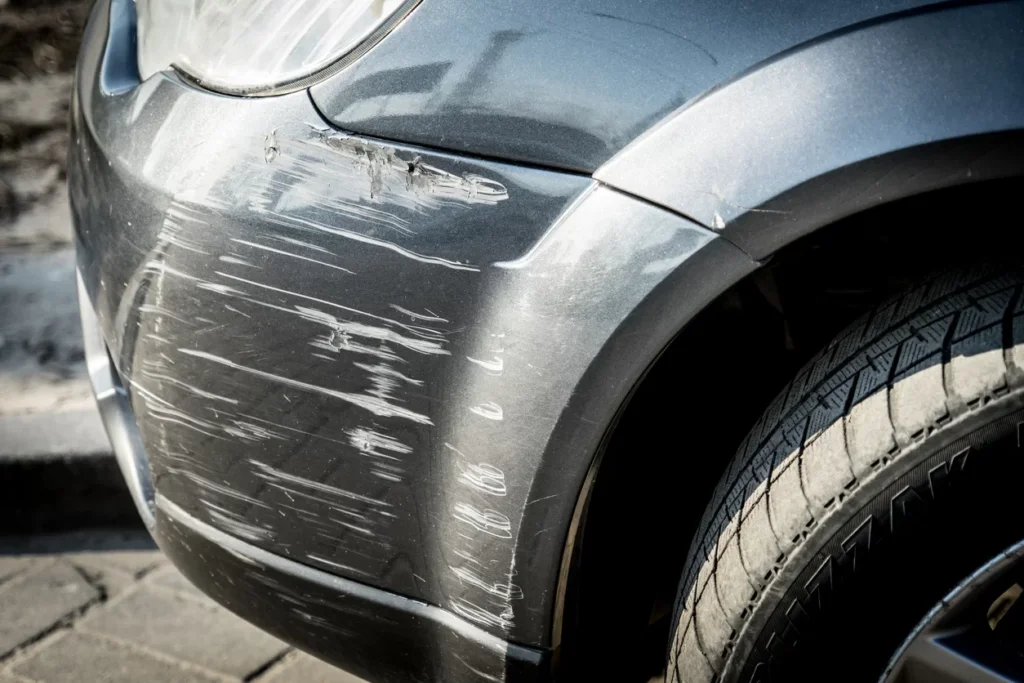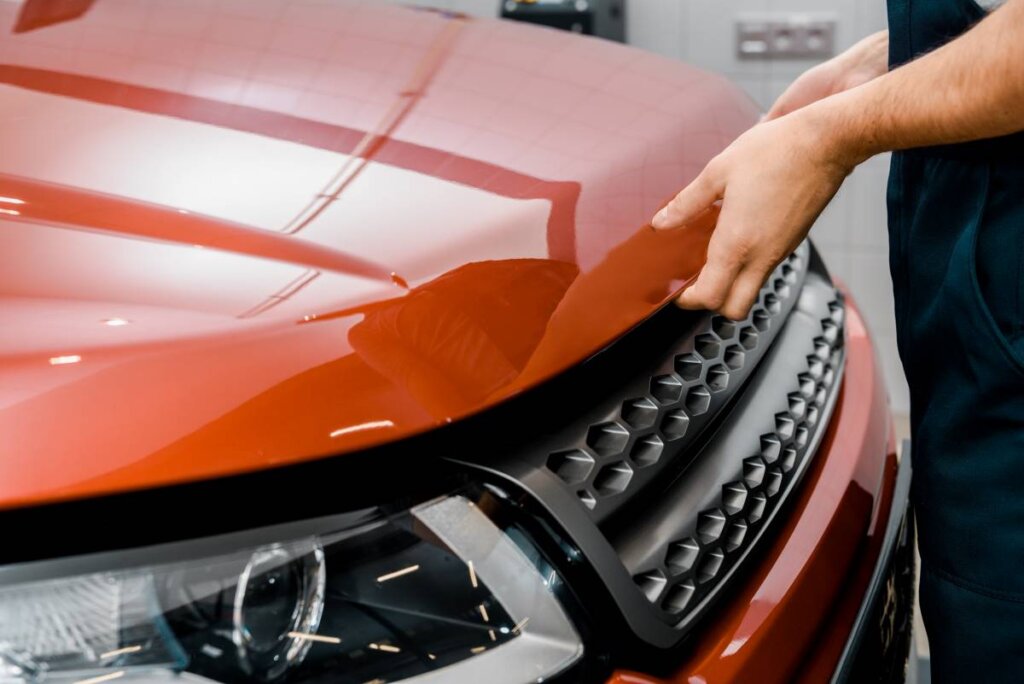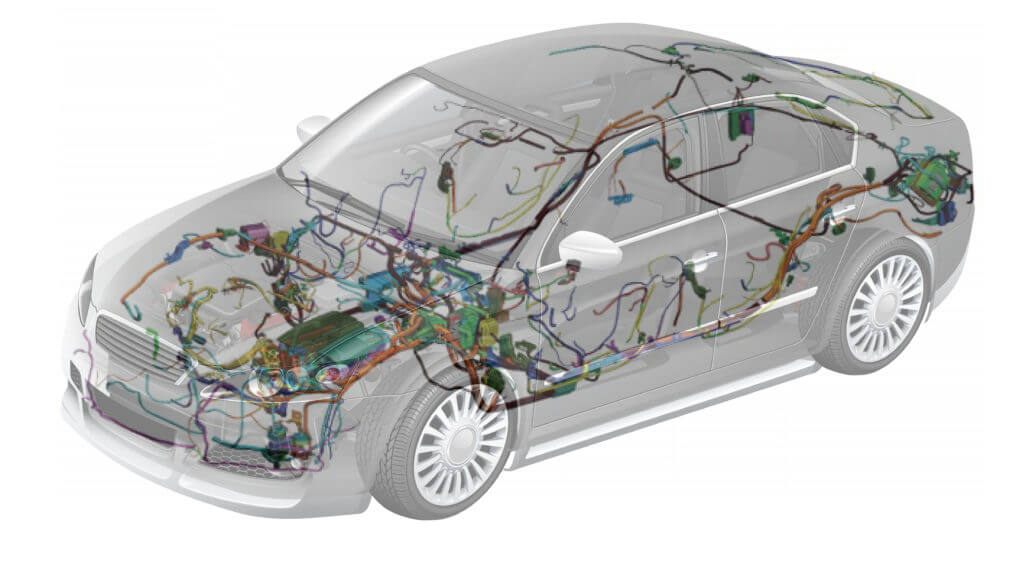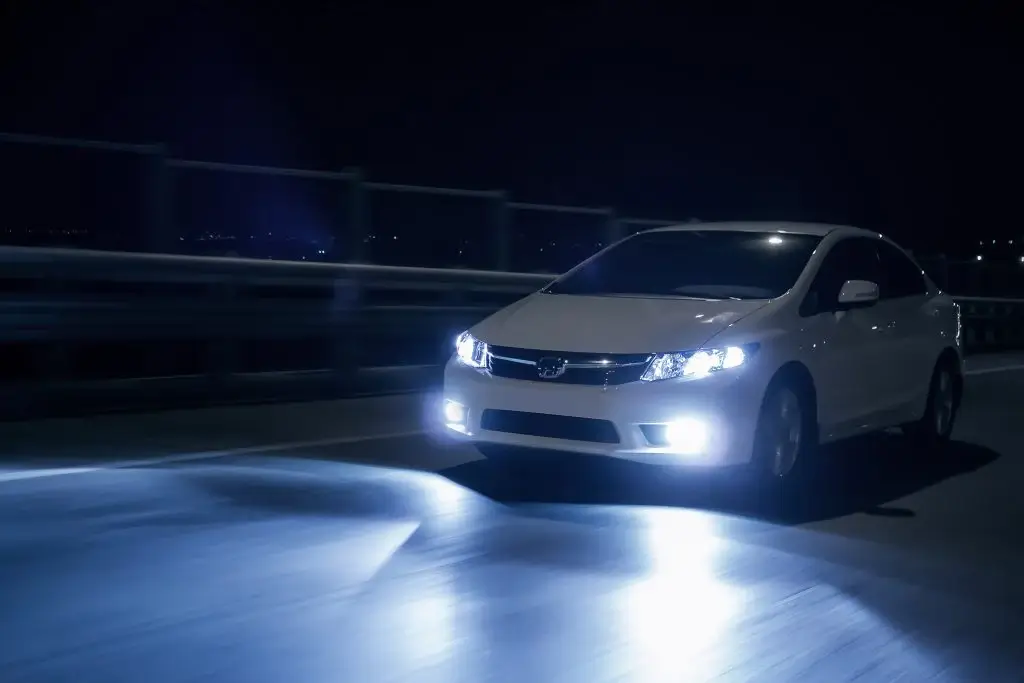The BMW X3 xDrive28i is the perfect option if you’re seeking a sporty-handling luxury compact SUV. Together with performance power, it offers a roomy, pleasant ride with excellent safety ratings. Through this blog, we are giving an overview of the 2013 BMW x3 xdrive28i problems that can help you save money. Give a look at the explanation of everything you need to know regarding the most prevalent 2013 BMW X3 xDrive28i issues.
Top 9 2013 BMW X3 Xdrive28i Problems
The 2013 BMW X3 xDrive28i is a popular luxury crossover SUV. However, like any vehicle, it can have its fair share of problems. Here are nine issues that have been reported by owners of the 2013 BMW X3 xDrive28i:
Electrical Problems:
Several owners have reported electrical problems with the 2013 BMW X3 xDrive28i. This can include issues with the navigation system, the stereo, and other electronics in the vehicle.
Transmission Issues:
Some owners have experienced problems with the X3’s eight-speed automatic transmission, including rough shifting and hesitation when accelerating.
Engine Problems:
A few owners have reported issues with the X3’s engine, including stalling and rough idling.
Fuel System Problems:
Some owners have experienced problems with the X3’s fuel system, including issues with the fuel pump and fuel injectors.
Suspension Problems:
A number of owners have reported problems with the X3’s suspension, including squeaking and clunking noises, as well as issues with the shocks and struts.
Brake Problems:
A few owners have reported problems with the X3’s brakes, including squeaking and grinding noises, as well as issues with the brake pads and rotors.
Cooling System Problems:
Some owners have experienced problems with the X3’s cooling system, including leaks in the radiator and problems with the thermostat.
Steering Problems:
One of the common 2013 BMW X3 Xdrive28i problems is associated with steering. A few owners reported issues with the X3’s steering, including difficulty turning the wheel and problems with the power steering system.
Interior Problems:
Finally, some owners have reported issues with the X3’s interior, including problems with the seats, the dashboard, and other components.
It’s worth noting that not all 2013 BMW X3 xDrive28i owners will experience these problems. However, if you’re considering purchasing a used X3, it’s important to be aware of these potential issues and to have the vehicle thoroughly inspected before making a purchase.
What Should BMW Fix In The 2013 X3 Xdrive28i?

The 2013 BMW X3 xDrive28i is a luxury crossover SUV that has received generally positive reviews from both critics and owners. However, there are some areas where BMW could improve the vehicle. Here are a few things that BMW could fix in the 2013 X3 xDrive28i:
Transmission Issues:
Some owners have reported issues with the X3’s eight-speed automatic transmission, including rough shifting and hesitation when accelerating. BMW could work on improving the transmission’s performance and reliability to ensure a smoother driving experience.
Fuel Economy:
While the X3 xDrive28i is generally regarded as a fuel-efficient SUV, some owners have reported that its real-world fuel economy falls short of its advertised rating. BMW could work on improving the X3’s fuel efficiency to make it more competitive with other vehicles in its class.
Suspension Noise:
Some owners have reported hearing squeaking and clunking noises from the X3’s suspension. BMW could work on addressing these issues to improve the vehicle’s ride quality and reduce noise.
Infotainment System:
While the X3’s infotainment system is generally well-regarded, some owners have reported that it can be slow and unresponsive at times. BMW could work on improving the system’s performance and adding more features to make it more competitive with other luxury SUVs.
Interior Materials:
While the X3’s interior is generally well-designed, some owners have reported that the materials used in the cabin can feel cheap and plastic. BMW could work on improving the quality of the materials used in the X3’s interior to give it a more premium feel.
Rear Legroom:
Some owners have reported that the X3’s rear legroom is a bit cramped, particularly for taller passengers. BMW could work on improving the rear legroom to make the X3 more comfortable for all passengers.
Overall, the 2013 BMW X3 xDrive28i is a well-regarded luxury crossover SUV. However, there are some areas where BMW could make improvements to make the vehicle even better. By addressing these issues, BMW could make the X3 an even more competitive option in its class.
2013 BMW X3 Xdrive28i Reliability
The 2013 BMW X3 xDrive28i has generally been regarded as a reliable vehicle with a good track record for durability and performance. However, like any vehicle, the X3 may experience some issues over time. According to consumer reports, the 2013 BMW X3 xDrive28i has a reliability score of 4 out of 5, which is considered above average for its class.
Owners of the 2013 BMW X3 xDrive28i have reported some common issues, such as transmission problems, electrical problems, and suspension issues. However, many of these issues have been relatively minor and have not affected the overall reliability of the vehicle.
To ensure the reliability of the 2013 BMW X3 xDrive28i, you should follow the manufacturer’s recommended maintenance schedule and address any issues promptly. Regular maintenance, such as oil changes and tire rotations, can help prevent major problems and keep the X3 running smoothly for years to come.
Overall, while the 2013 BMW X3 xDrive28i may experience some issues over time, it is generally regarded as a reliable and well-built vehicle.
BMW X3 Engine Replacement Cost
The cost of replacing the engine in a BMW X3 will depend on a variety of factors, including the type of engine, the age and condition of the vehicle, and the labor costs in your area. On average, the cost of a new engine for a BMW X3 can range from $4,000 to $8,000, with installation costs adding an additional $1,000 to $3,000.
However, there are a few things to keep in mind when considering the cost of engine replacement for a BMW X3.
- First, it may be possible to save money by opting for a used or remanufactured engine rather than a brand-new one. It can significantly reduce the cost of the replacement.
- Second, it’s important to consider the overall value of the vehicle when deciding whether to replace the engine. If the vehicle is older and has significant wear and tear in other areas, it may not be worth the cost of a new engine.
- On the other hand, if the X3 is in good condition and has been well-maintained, investing in a new engine may be a worthwhile investment to keep the vehicle running smoothly for years to come.
- Finally, it’s important to choose a reputable mechanic or dealership to perform the engine replacement. This can help ensure that the job is done properly. And also that the new engine is installed correctly, reducing the risk of further problems down the line.
Overall, the cost of replacing the engine in a BMW X3 can be high. But it may be a worthwhile investment for those looking to keep their vehicle running smoothly and reliably.
CTA – Want to add more power to your BMW? You can buy reliable and tested, and customized BMW car engines from the OEM used car parts. Buy Now!
Frequently Asked Questions
Some of the most common problems reported by owners of the 2013 BMW X3 xDrive28i include transmission issues. And also fuel economy concerns, suspension noise, infotainment system problems, and interior material quality.
The 2013 BMW X3 xDrive28i is generally considered a reliable vehicle with a good track record for durability and performance. However, like any vehicle, it may experience some issues over time.
The cost of replacing the engine in a 2013 BMW X3 xDrive28i can vary depending on a number of factors, such as the type of engine, the age and condition of the vehicle, and labor costs in your area. On average, a new engine can cost anywhere from $4,000 to $8,000. Along with installation costs adding an additional $1,000 to $3,000.
There have been a few recalls for the 2013 BMW X3 xDrive28i. It includes issues related to issues with the engine, airbags, and brake lights.













